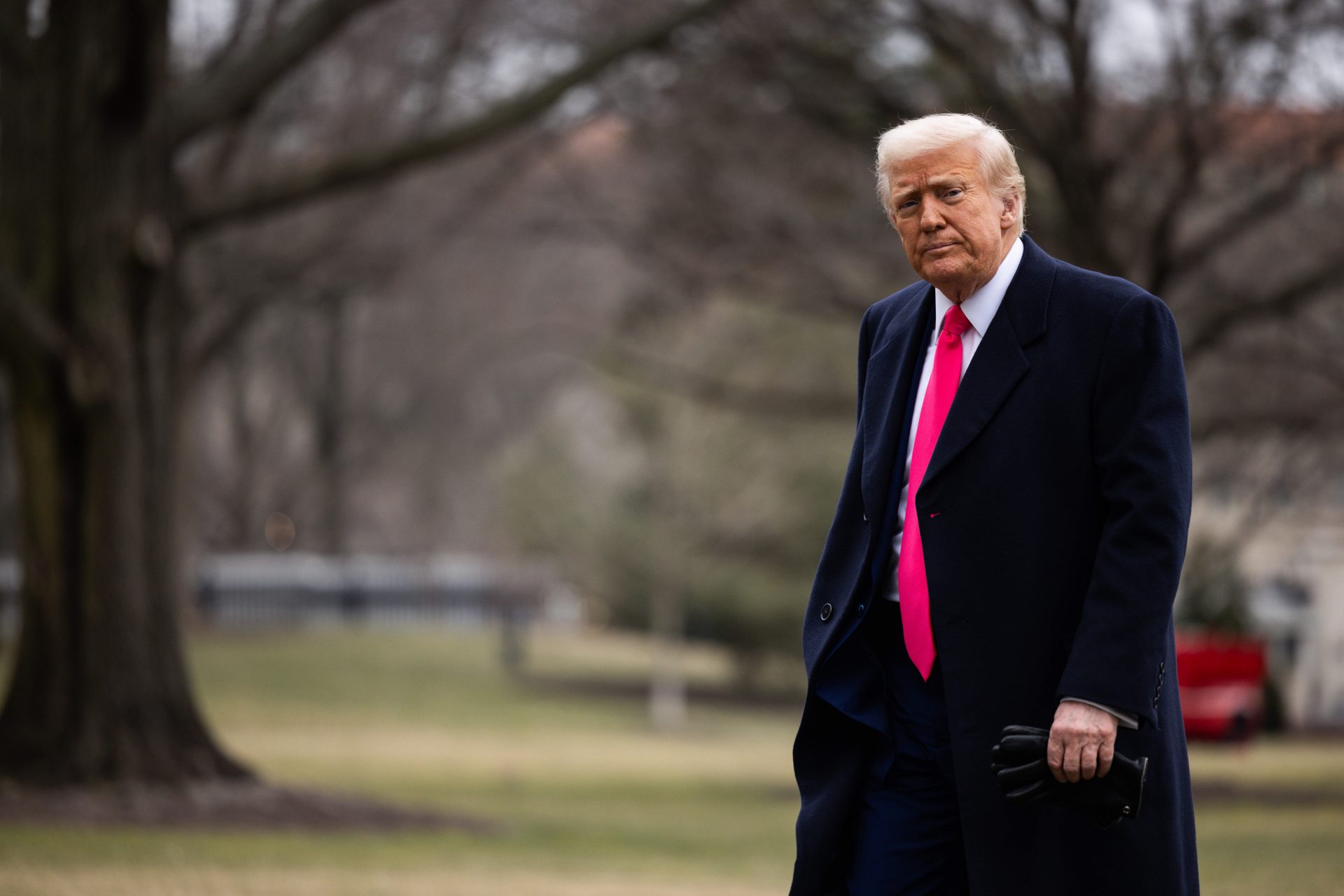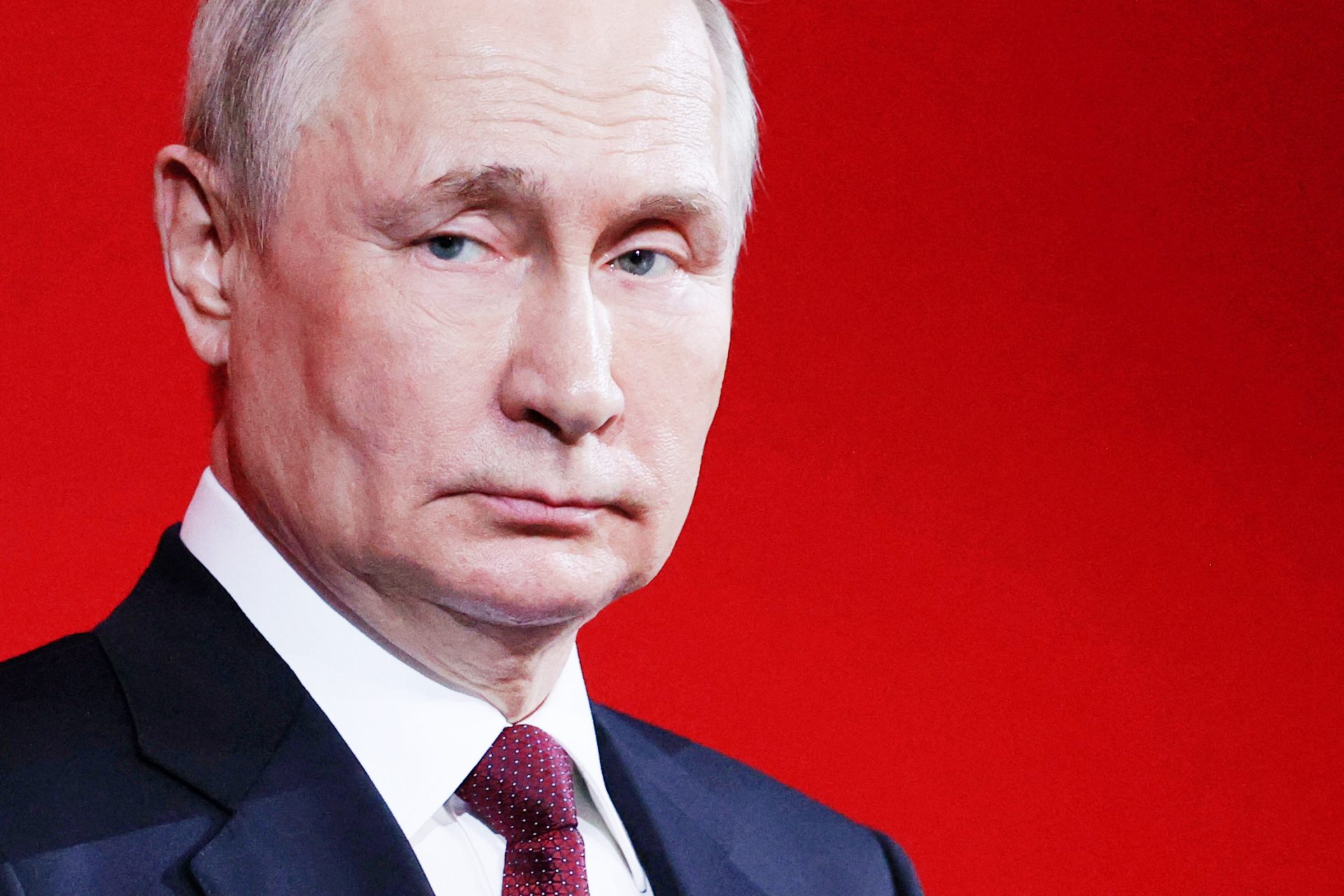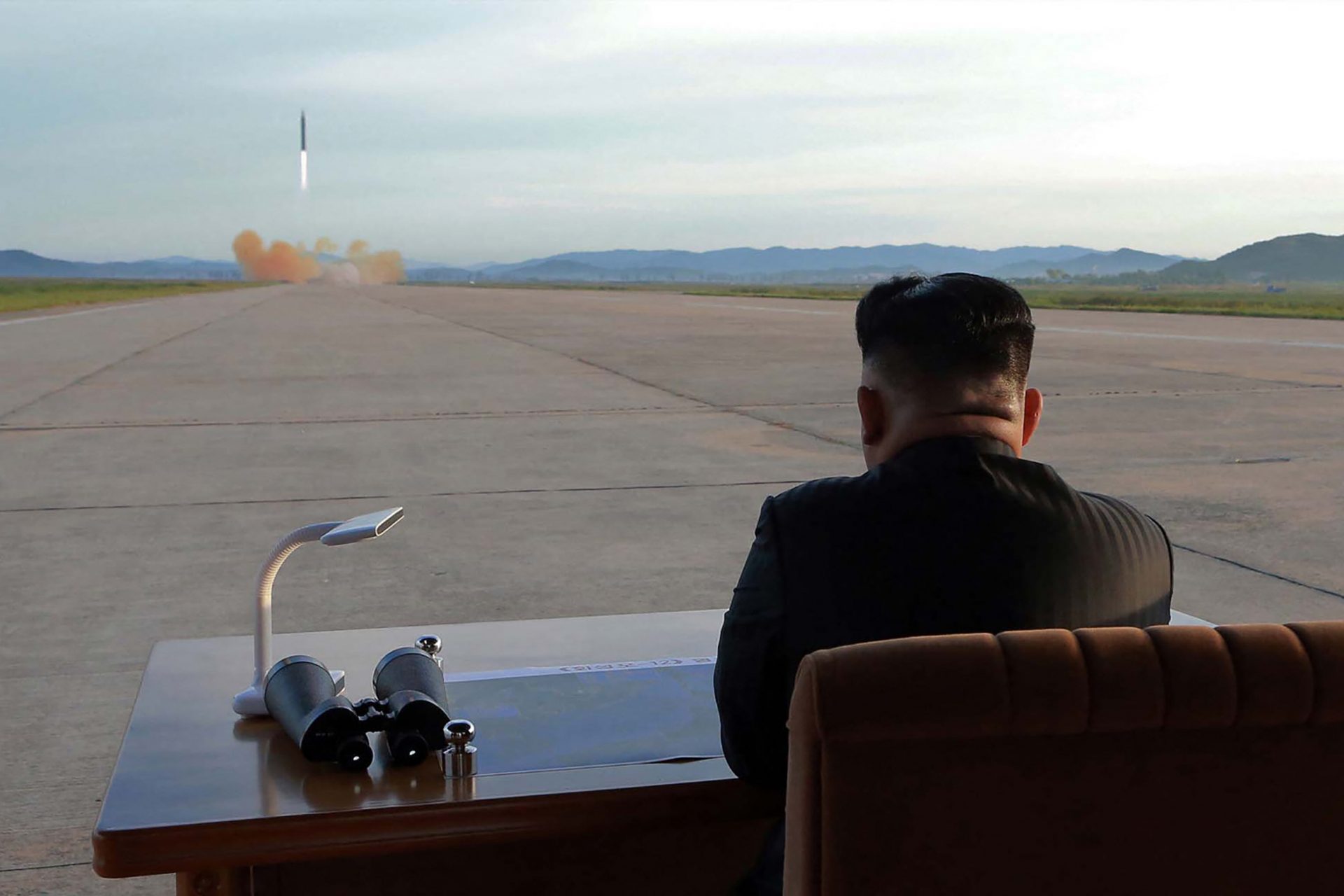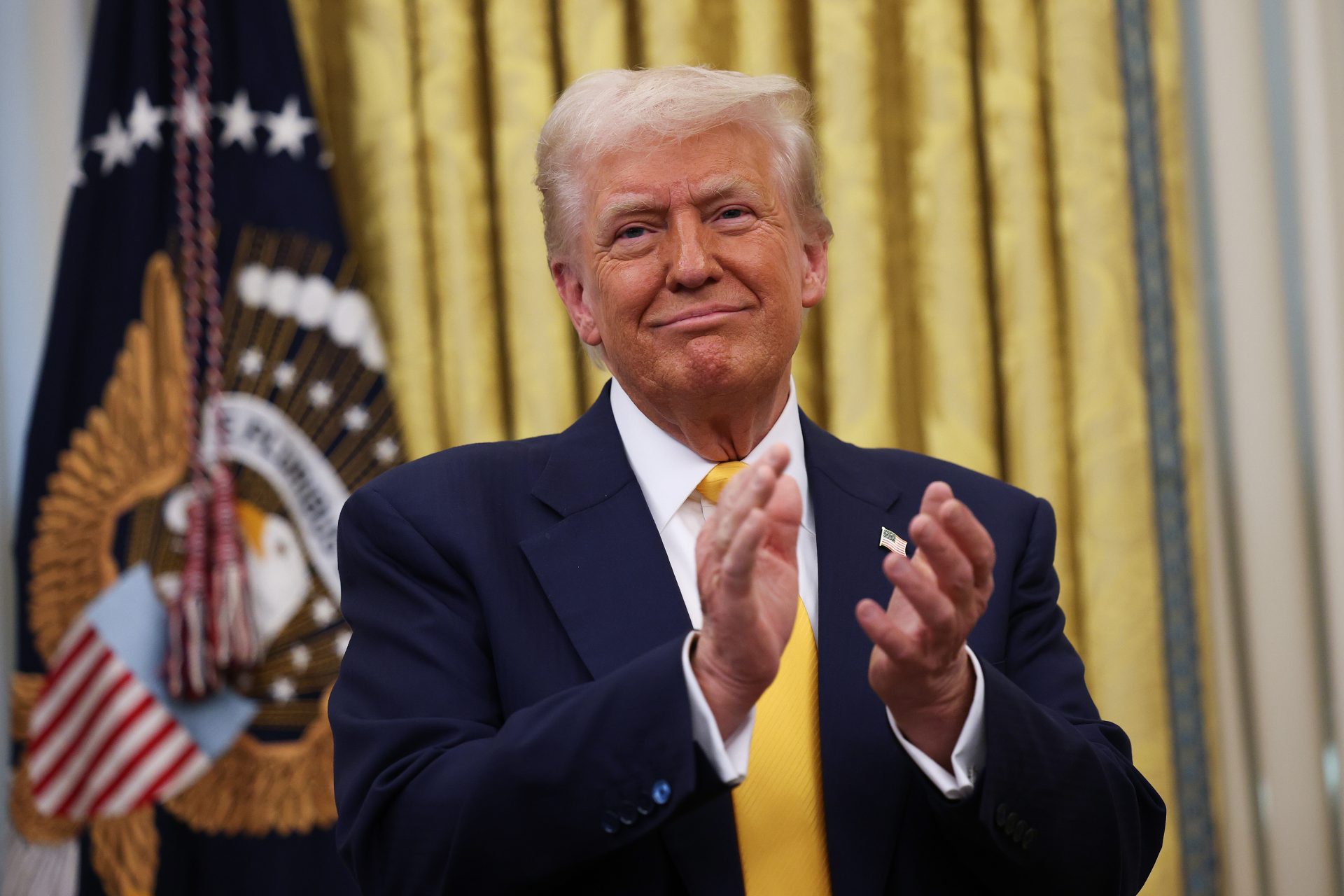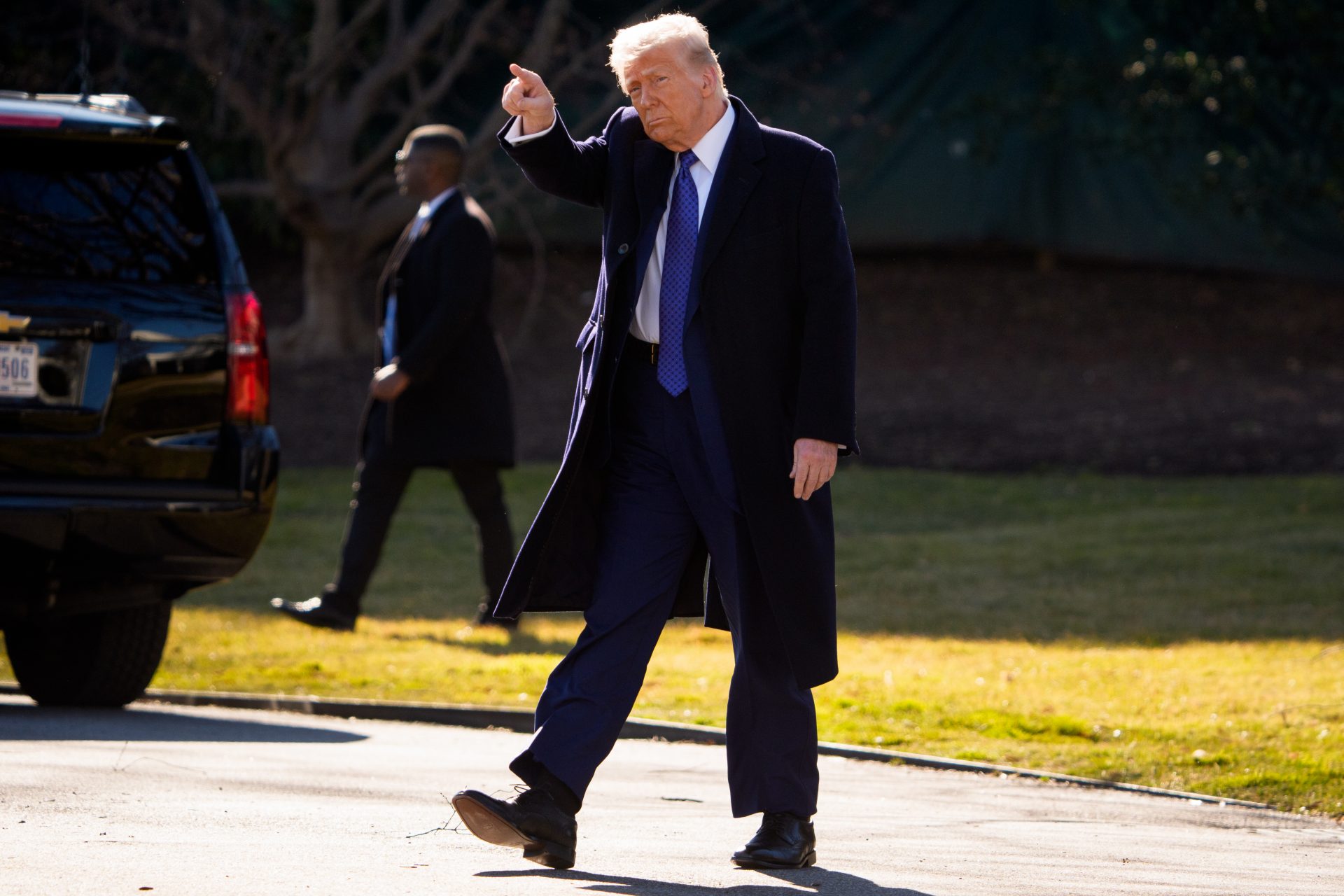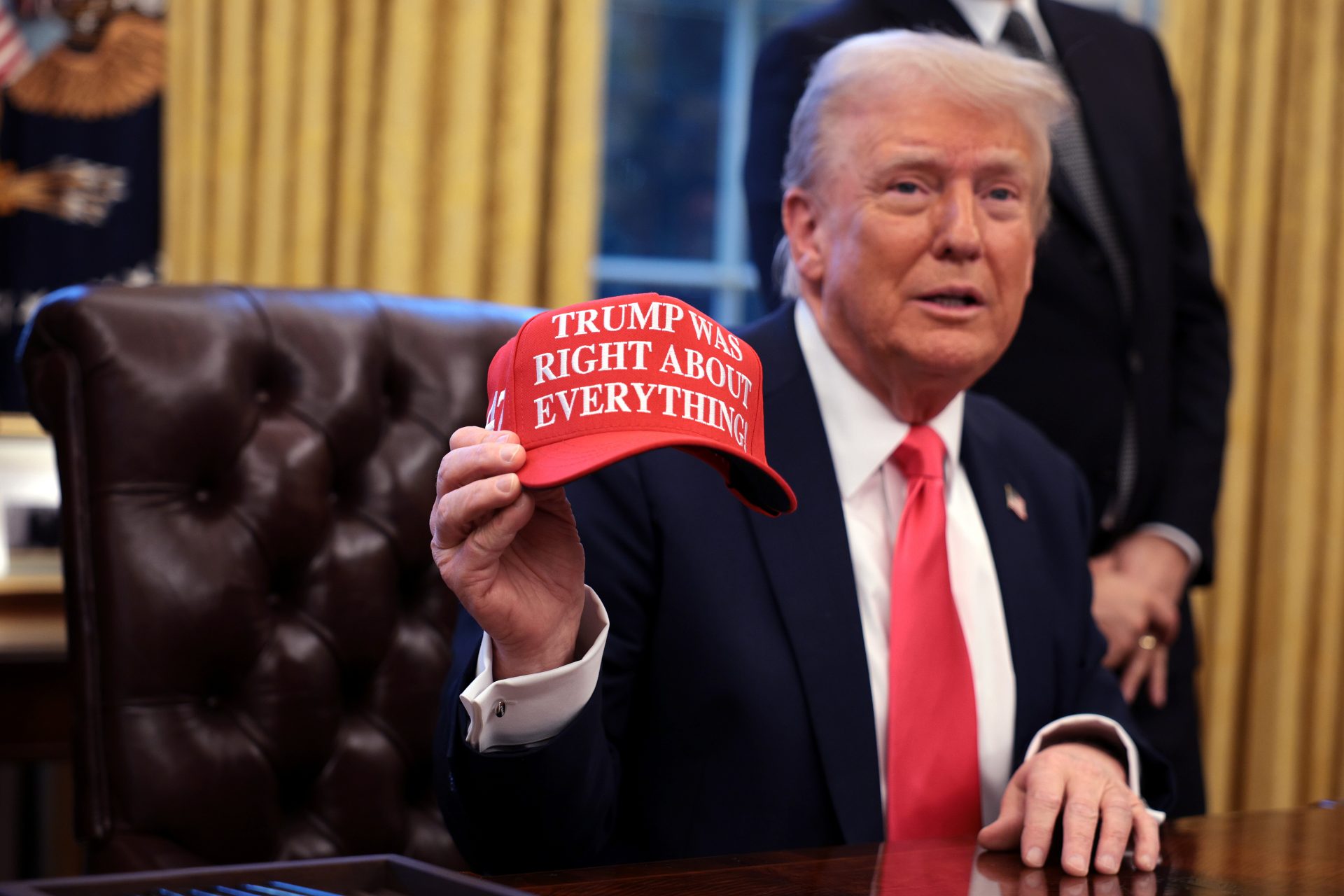Hacked files reveal Russia and China’s secret propaganda cooperation
New reporting from American news outlet The Intercept has revealed an extensive propaganda cooperation agreement between Russia and China that may have been in place since 2008.
Journalists Mara Hvistendahl and Alexey Kovalev revealed that Russian and Chinese officials signed a forty-page document in July 2021 in which both countries agreed to cooperate on news coverage and shaping narratives.
“At a virtual summit that month,” Hvistendahl and Kovalev wrote, “leading Russian and Chinese government and media figures discussed dozens of news products and cooperative ventures.”
Included in the discussions were rules governing exchanging news content, trading digital media strategies, and the co-producing of certain television shows according to Hvistendahl and Kovalev.
Efforts to get an agreement between the two countries in place were led by Russia’s Ministry of Digital Development and China’s National Radio and Television Administration, two key players in Russia and China’s media environments.
In the signed bilateral agreement, both parties pledged to “further cooperate in the field of information exchange, promoting objective, comprehensive and accurate coverage of the most important world events,” according to Hvistendahl and Kovalev’s translation of the original Russian document.
Russian and Chinese officials also agreed to develop plans to cooperate in the online and social media space and strengthen their cooperation in a mutually beneficial capacity.
“This is a master document of cooperation on media between the countries,” David Bandurski, director of China Media Project, told the journalists from The Intercept.
“The document allows us to see the process behind the scenes of how cooperation is planned and discussed by these particular ministries,” Bandurski added.
Media analysts have known that some sort of agreement between Russia and China has existed since 2019 because of reports from the independent Russian news website Meduza, an organization whose unofficial motto is to make the Kremlin sad.
“For the past two years, several major state news organizations in Russia have been working with the China Media Group… to publish Chinese propaganda in exchange for the right to send content about Russia to China,” wrote Meduza journalists in a July 2020 exposé.
But the cooperation in Russia and China’s media sphere may go all the way back to 2008 according to Hvistendahl and Kovalev.
“Chinese and Russian news reports suggest that the two countries have held annual media cooperation meetings since 2008,” The Intercept journalists noted.
The partnership appears largely aimed at domestic audiences,” Hvistendahl and Kovalev added, '' But both China and Russia have massively expanded their overseas media presence in the past decade.”
In their article, Hvistendahl and Kovalev point out that hacked Russian emails from the All-Russian State Television and Radio Broadcasting Company (VGTRK) show that Russian state media has been working to help amplify pro-Chinese narratives and Chinese journalists appear to have returned the favor after Russia's February 24th invasion of Ukraine.
“The payoff for Russia may have come after the invasion of Ukraine, when Chinese media echoed Russian government talking points on the war,” Hvistendahl and Kovalev noted.
In the wake of Russia’s invasion of Ukraine, Chinese media sources were quick to embrace Russian narratives and sell Vladimir Putin’s version of the war.
In March 2022, New York Times journalist Li Yuan commented on this phenomenon writing that “in much of the world, Russia is losing the information war over Ukraine. In China, though, it’s winning big.”
Yuan noted that in the early days of the war, Chinese state media was parroting Russian claims about the Azov Battalion being neo-Nazi sympathizers and Ukrainian President Volodymyr Zelensky fleeing Kyiv.
“The message they are trying to drive home: Russia’s military actions are anti-West, anti-NATO expansion and anti-Nazi — thus justified and popular,” Yuan wrote in her March 4th article.
“In China’s state media,” Yuan added, “there’s very little about the international condemnation of Russia; Ukraine’s success in the battle for public opinion, led by President Zelensky; or anti-war protests in Russia.”
More for you
Top Stories

























